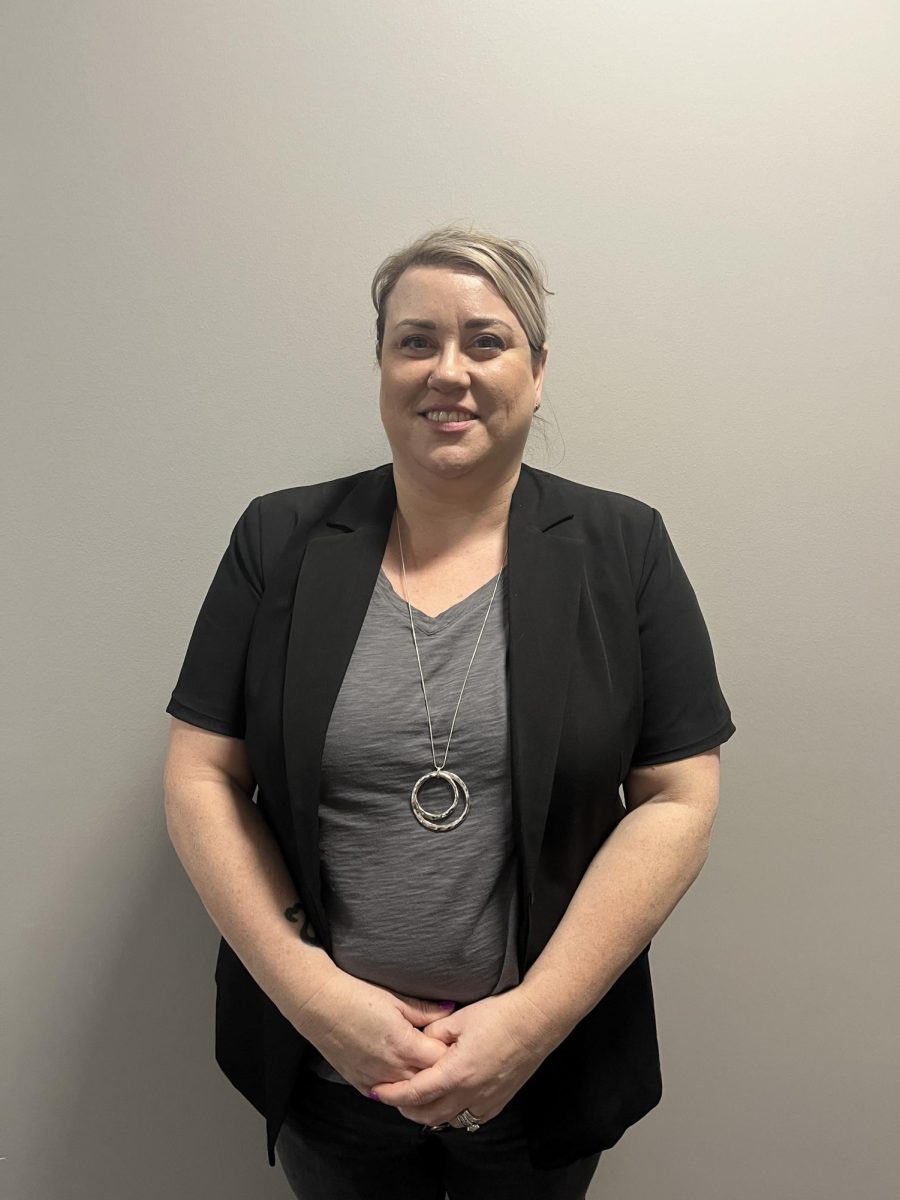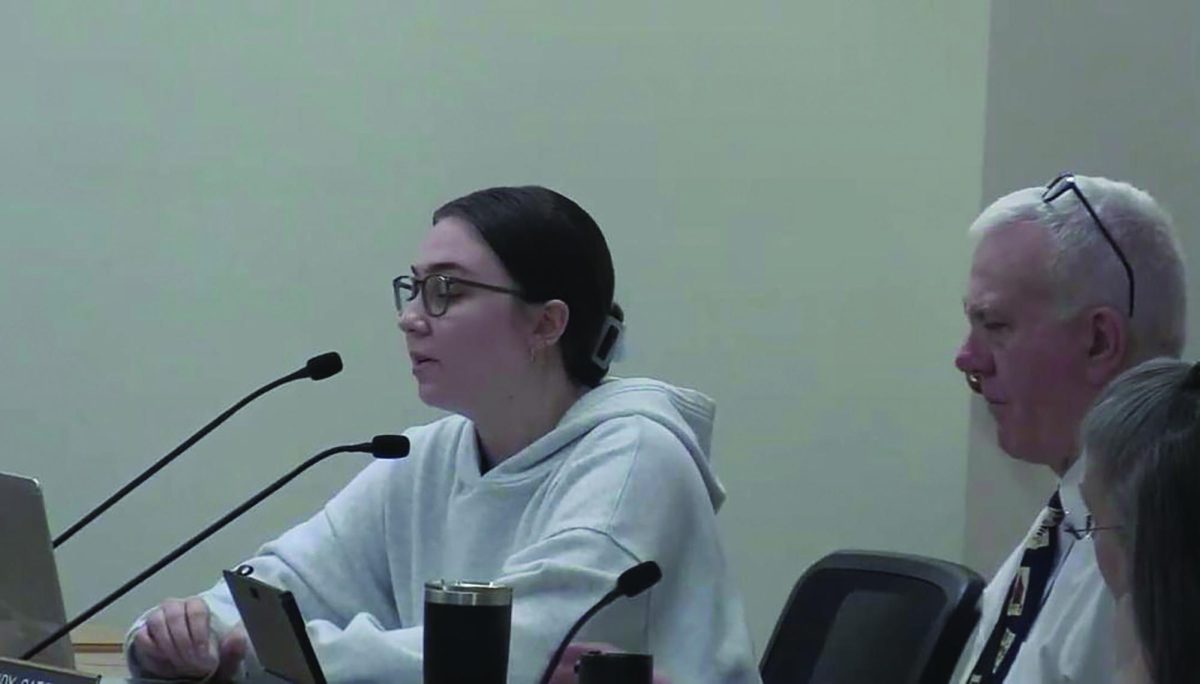Q&A with Social Studies teachers Erik Ihde, Marty
WW: How do you feel about the way teens text/talk to each other now days?
Johnston: I think one of the things for me is, ‘are they texting? Are they writing a professional email? Are they writing for an assignment?’ And I would say that one thing that students don’t do, as to why [they don’t use formal grammar rules], [its] probably just out of convenience and they get so used to writing in one certain style. In one way that they just haven’t been forced to make the adjustment from one format to another.
WW: How have you noticed a change in the way students talk/act now vs when you were in highschool?
Ihde: When I was in high school we didn’t have cell phones, so it was a lot more direct conversation. I miss that whoever you were with was the only person you were talking to, you couldn’t be interrupted by something in your pocket. No matter where you were, there was an exclusivity of attention, you were only with those people, and it was awesome.
WW: Have you been in a situation where someone acts different online than they do in person?
Howell: Absolutely, but even in emails. People send off angry emails, it’s just easy to remove the human on the other [screen] when it’s online. And you guys have to deal with that amongst your friends, or even secret groups on [social media]. I just don’t think adults deal with it the same way you guys do.
WW: How does it feel when students use slang on school work?
Ihde: For most assignments, if a kid uses slang I don’t mind. Right now one of the biggest battles as a teacher is having people using Google or AI instead of thinking, so if a kid is using slang, that means it came out of their brain, so I only discourage it on essays.
WW: Do you think there could be a balance between slang and academic language?
Johnston: It’s just making sure [you’re] changing over from your formal communication to your informal communication. I think students seem to understand the importance of that, making sure that you actually have to capitalize your name. Like if you’re gonna be going to a job and you’re going to communicate with customers or your boss or somebody like that. That’s probably one of the biggest things is basic grammar punctuation, if they don’t pay attention to those types of things [then it’s tough].
WW: Do you ever get emails from students using slang or abbreviations?
Howell: I taught at LBCC for about eight years and a good amount of my students were older, already had jobs and their bosses had asked them to go back to school to get better writing skills because of emails. I think it’s something that we need to talk to kids about, [because] of how important it is to present yourself. Understanding time, place, context, and how those things come across is really important.







